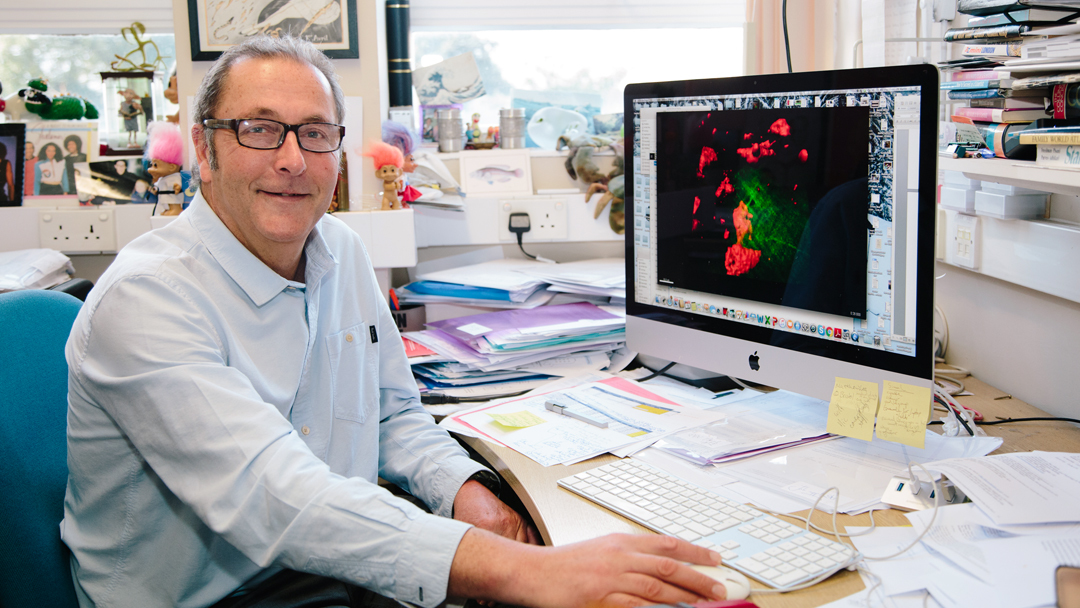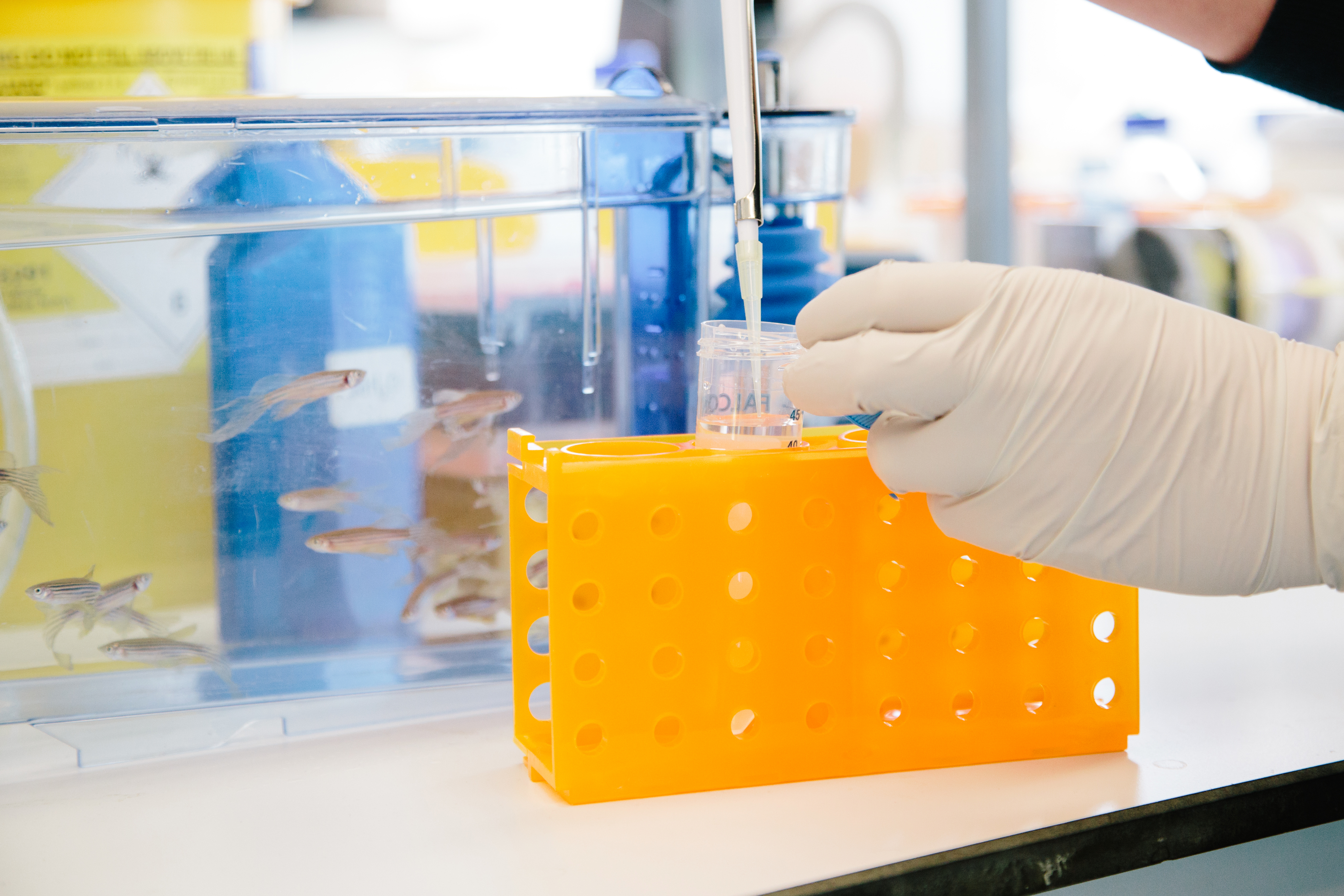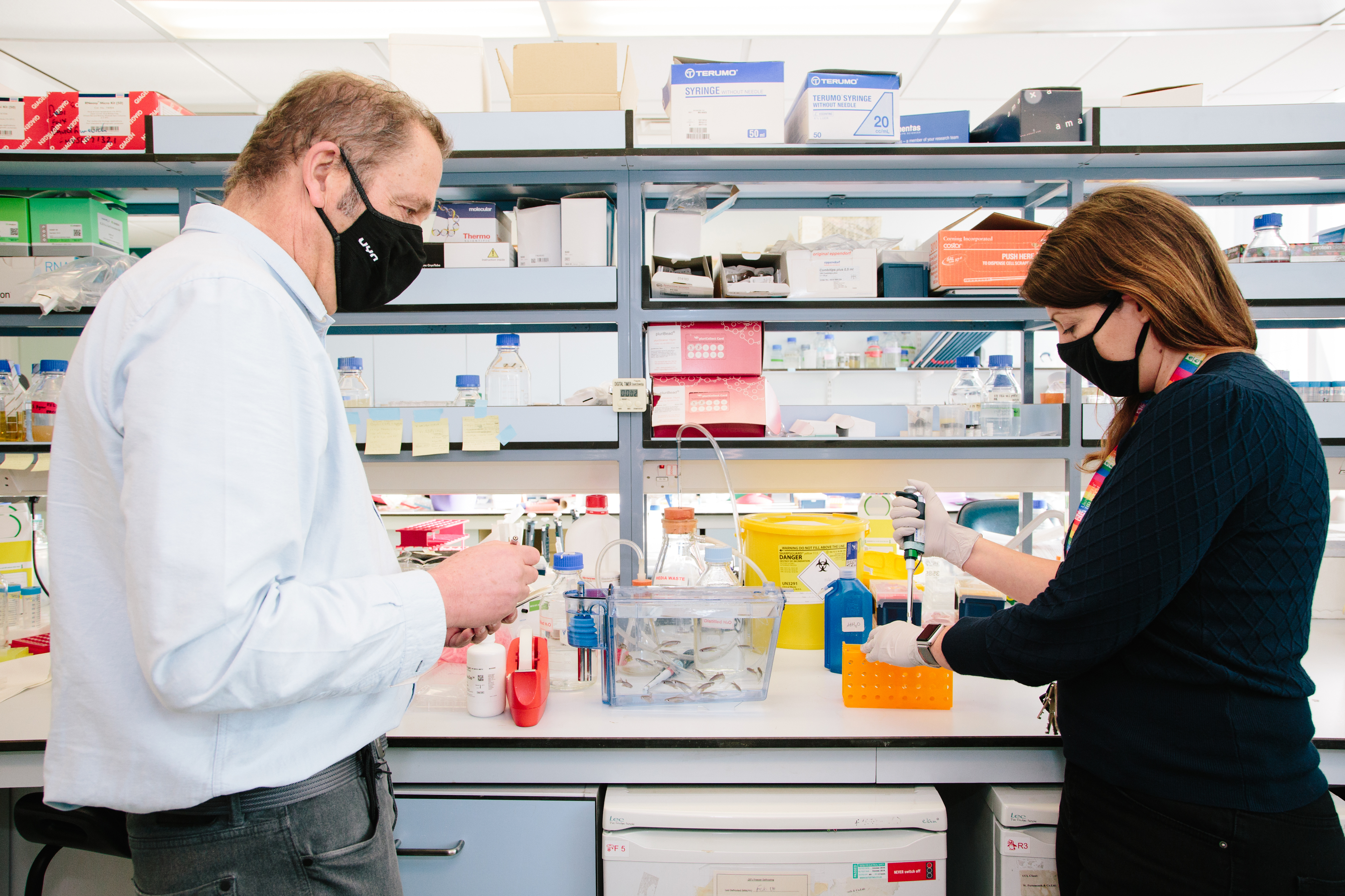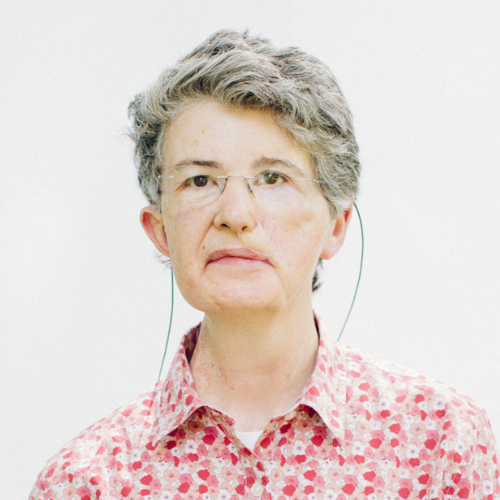The Scar Free Foundation Programme of Wound Healing Research at the University of Bristol is the first study of its kind in the world - combining large scale population health data with model organism studies using zebrafish to analyse the role that genes play in wound repair and scar formation.
Professor Paul Martin and his team presented to our Ambassadors, discussing the progress they have made so far on this important scarring research – and Ambassadors feeding back on their personal experiences of scarring and how the research will help future generations.
Professor Martin explained how the research at The University of Bristol is helping towards our mission of scar free healing.




